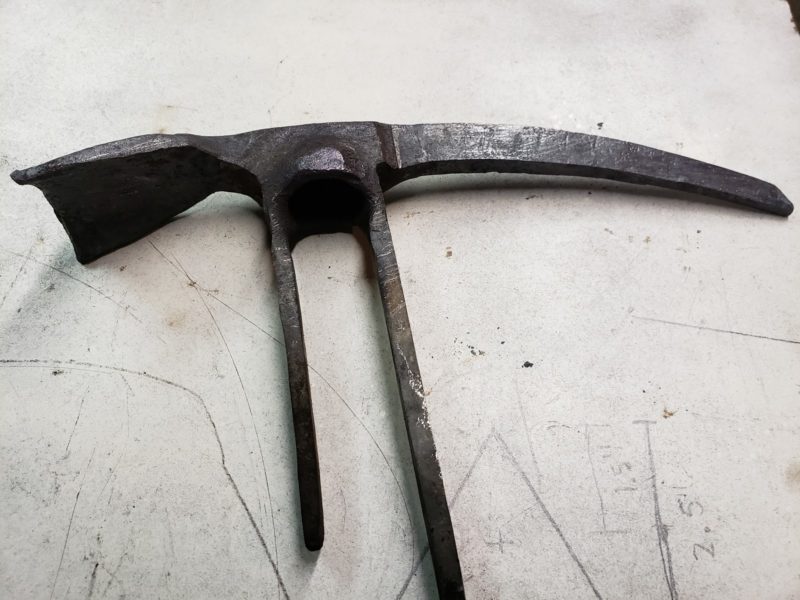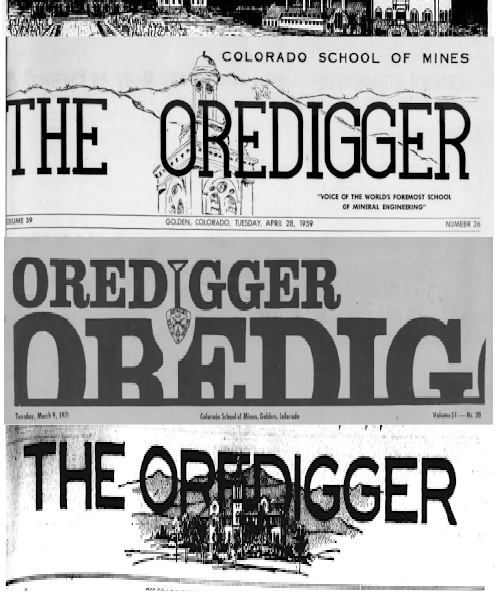The Tiny House build team started construction on Aug. 6. The event was attended by President Paul Johnson and members from several energy companies interested in the project. The Tiny House is being built in preparation for the 2019 Solar Decathlon competition.
Due to the group being newly formed, Mines was unable to compete in the 2017 Solar Decathlon. Faculty Advisor Tim Ohno explained, “We were at a point where we were ahead of the deadline, but not close enough to being able to be competitive. The Tiny House is intended to be a way to for us to remain active and create interest in the program. We plan to submit our entry in 2017 for the 2019 competition.”
 The 2019 competition is expected to be held in the Front Range area. As a result, the Tiny House creates the unique opportunity for the team to test and modify the technology that will be implemented in their Solar Decathlon house.
The 2019 competition is expected to be held in the Front Range area. As a result, the Tiny House creates the unique opportunity for the team to test and modify the technology that will be implemented in their Solar Decathlon house.
Although the house is viewed primarily as a sustainability project, it takes a vast amount of engineering knowledge to build the different systems. From the photovoltaics to the water systems, students from every discipline can practice the engineering theories they have learned in class.
Graduate Student Katie Schumacher stated, “With a degree in environmental engineering I’ve learned a lot from the hands on experiences that I wasn’t able to learn in the classroom. I recognize the different topics discussed in classes, and have been forced to work with other disciplines to design the house’s structure and wiring.”
The Tiny House is anticipated to be completed this upcoming semester. At that time it will be utilized as a learning setting for classes and groups. The Tiny House team will then focus its attention on getting ready for the 2019 competition. “The Solar Decathlon is a much larger building, but the Tiny House contains many of the same concepts.”
Although the Tiny House is already being constructed, new students can still aid in the construction and ongoing design process. Dr. Ohno said, “We will continue to be doing things, we will finish the structure, and we will make decisions concerning plumbing and wiring. The Tiny House is really being continuously designed during the construction process.”
He went on to explain that new involvement is beneficial both for the new members and the existing team. “We’d love more student participation. It provides a greater wealth of ideas that come from different perspectives. New ideas could be introduced that anyone may not have ever considered. It’d be great to get new blood into the system.”
The Tiny House holds general meetings Thursdays, 5pm in BE 204. The Tiny House build offers a unique experience to work with students from different disciplines while being exposed to sustainable design and construction.




'Solar Decathlon Builds Tiny House in Preparation for National Competition' has no comments
Be the first to comment this post!